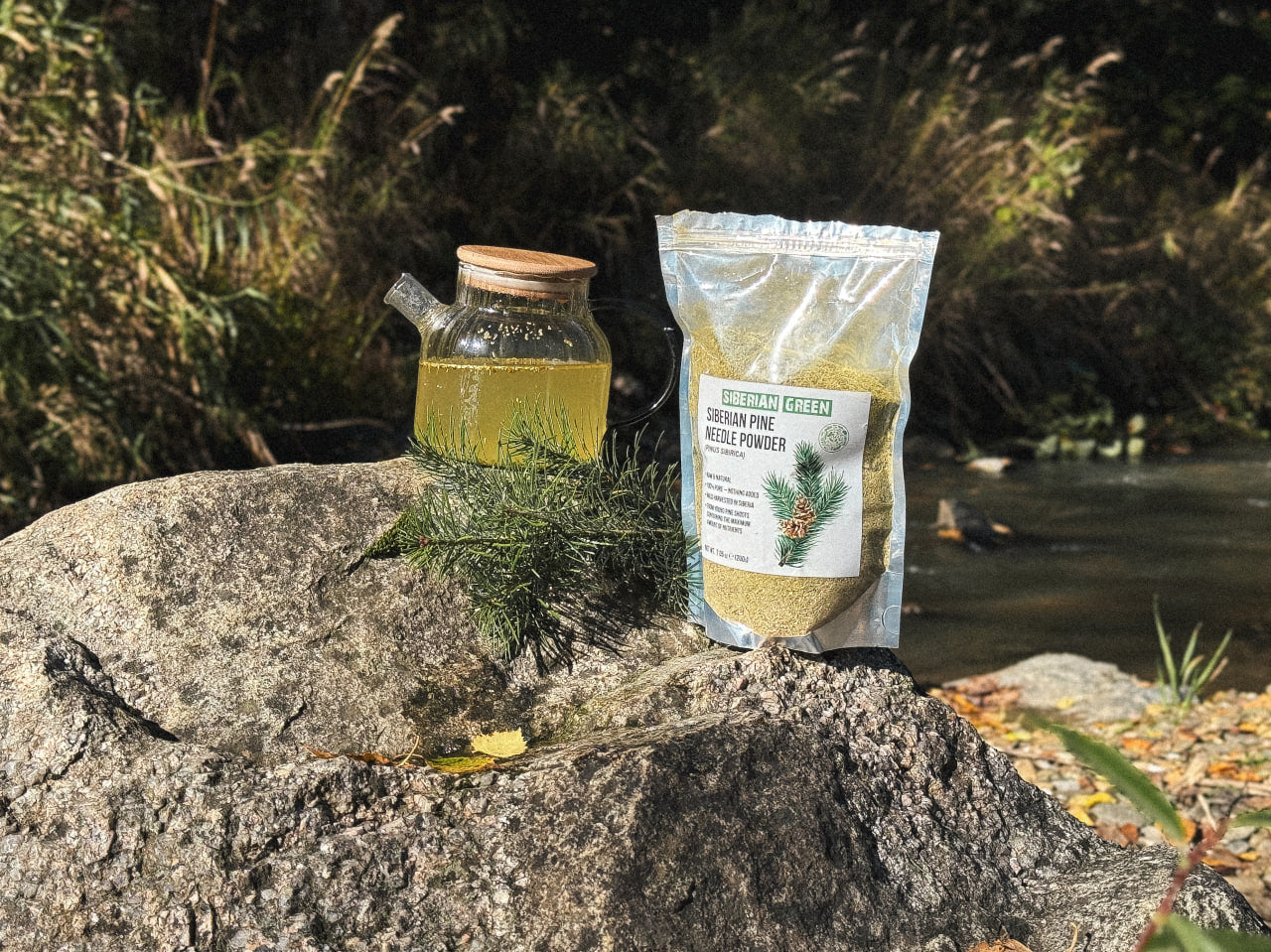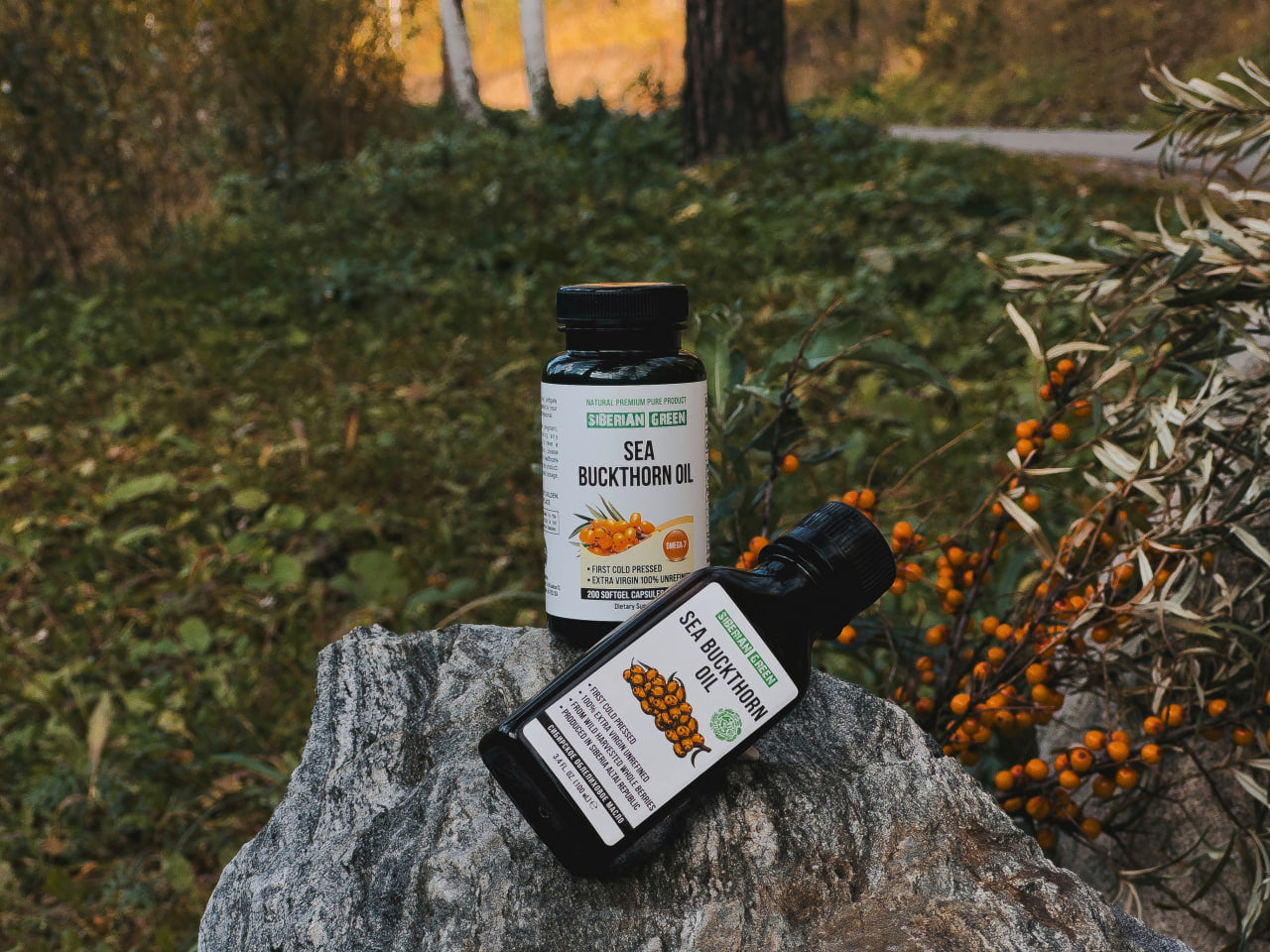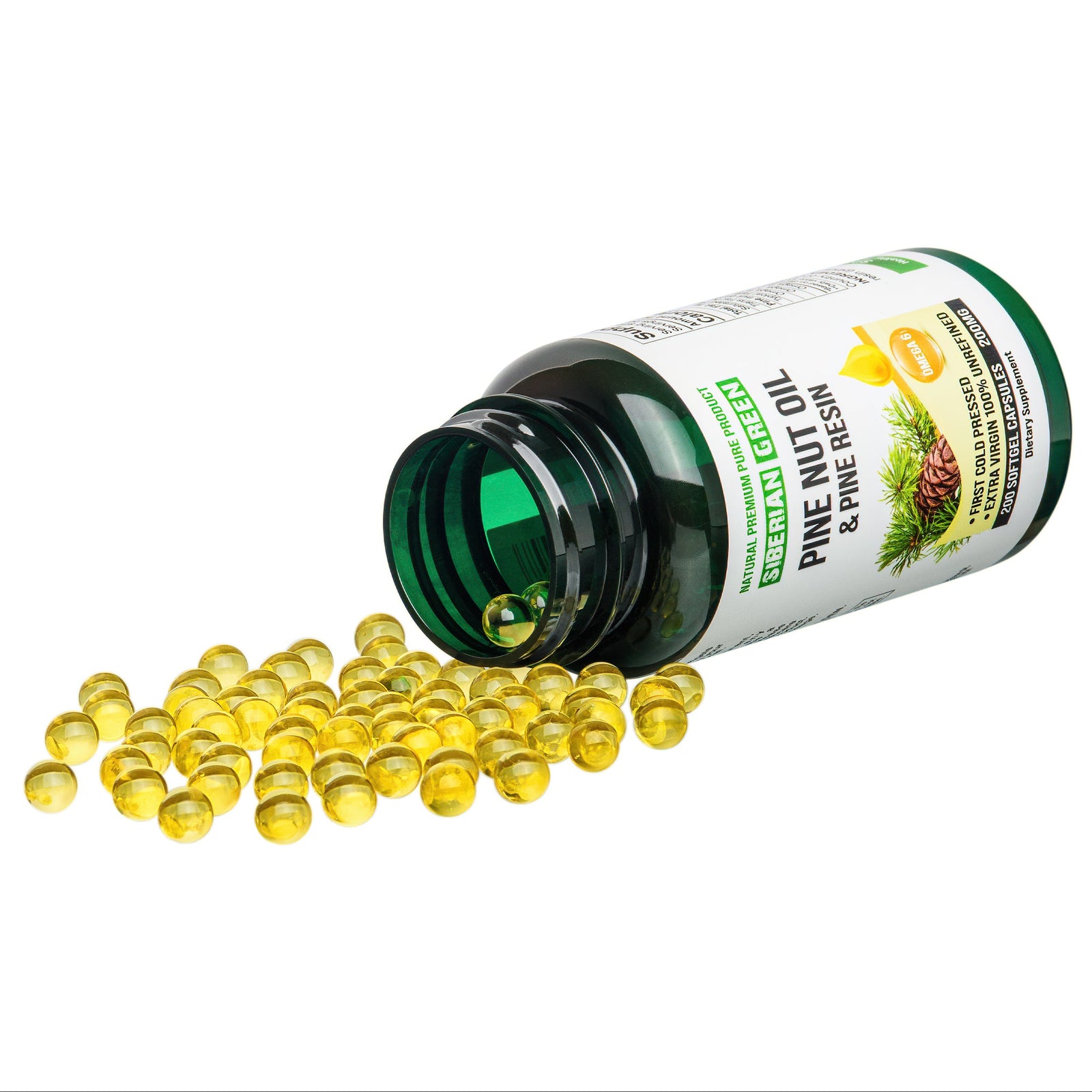A powerful antioxidant, pine bark extract was originally used by indigenous peoples of North America and Asia as a medicinal herb. French navigator Jacques Cartier, who initiated the French colonization of Canada, used pine bark during an expedition in 1535 as a cure for scurvy caused by insufficient vitamin C levels in the body.
Nowadays, pharmacologists and nutritionists have also realized the many benefits associated with the healing effect of pine bark, which first appeared in the United States as a dietary supplement in 1987.
In this article, we will tell you why pine bark is often considered one of the best preventive and strengthening agents for human lungs and bronchus.
Pycnogenol - a unique healing substance.
Pine bark is one of the richest sources of a rare flavonoid called "pycnogenol". Studies have shown that pycnogenol has a complex positive effect on the human body. Pycnogenol can be obtained from different pine species such as Pinus radiata, Pinus densiflora, and Pinus thunbergii.
Flavonoids are phytonutrients, plant pigments found in large quantities in fruits and vegetables. Flavonoids are powerful antioxidants that can have a beneficial effect on the condition of many human organs.
Pycnogenol can have a beneficial effect on the cardiovascular system, reducing oxidative stress and improving vascular endothelial function. But more importantly, pycnogenol can improve the state of the respiratory system by affecting the level of leukotrienes in the blood serum.
What effect does pycnogenol have on human respiratory organs?
One of the main effects of pycnogenol contained in pine bark-based remedies is the prevention and treatment of bronchial diseases. Bronchitis is a pathological condition in which bronchial inflammation develops. In turn, the bronchus is the pathway that conducts air from the trachea to the lung tissues, warms the airflow, moisturizes, and purifies it.
The disease causes inflammation of the mucous membrane or the entire thickness of the bronchial walls. Excessive mucus secretion begins, breathing becomes difficult. The body tries to remove excess mucus on its own, so a strong painful cough appears.
Pine bark has a strong anti-inflammatory, immunomodulatory effect, disinfecting properties, and can remove all mucus from the bronchi and completely remove cough. Prolonged use of needles contributes to the removal of harmful substances from the body.
COPD.
Chronic obstructive pulmonary disease (COPD) is a chronic lung disease primarily caused by tobacco use. Every year, millions of people are hospitalized with complications of this disease.
According to the results of a study conducted by Dr. Shin in 2016, it was concluded that pine bark extract has a high potential in the treatment of COPD, while a 2017 study showed the development of the disease in patients with COPD when taking pine bark extract may slow down.
There are few adverse effects when using pycnogenol.
Pycnogenol is usually well tolerated by most people. However, some people may experience digestive problems, headaches, mouth ulcers, and dizziness. If side effects occur, you should immediately stop using dietary supplements and consult a doctor.
Dietary supplements with pycnogenol should not be used for people who suffer from autoimmune diseases, since pycnogenol can stimulate the immune system. The use of pycnogenol after surgical interventions should also be avoided, as it can slow down blood clotting.
Before using dietary supplements with pycnogenol, it is necessary to consult a doctor.





Leave a comment (all fields required)